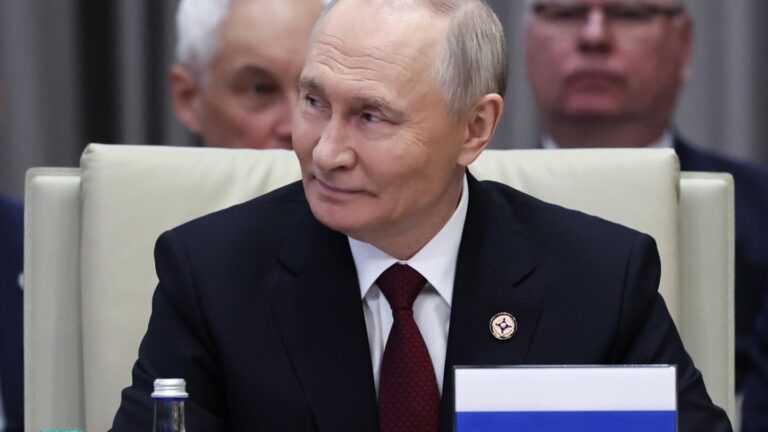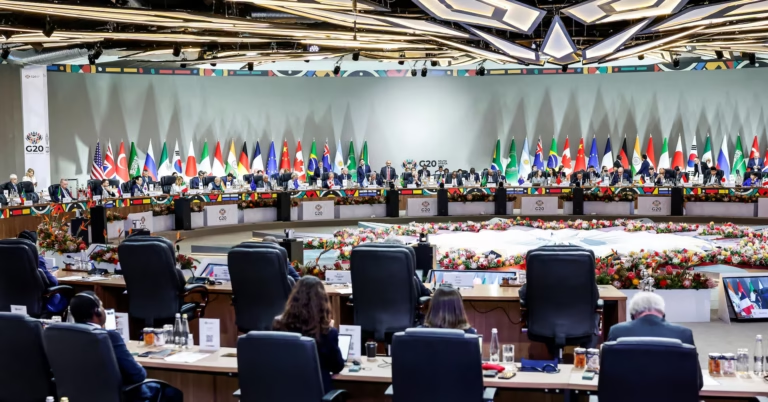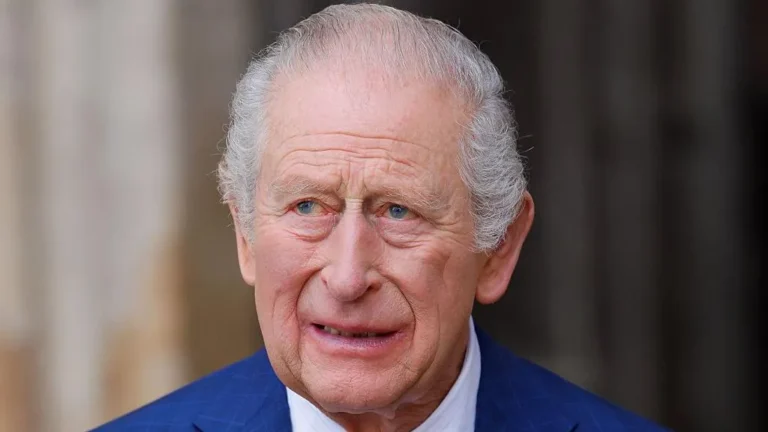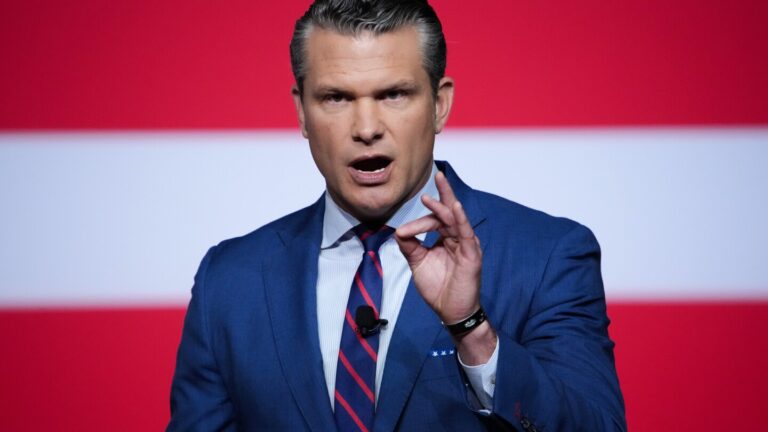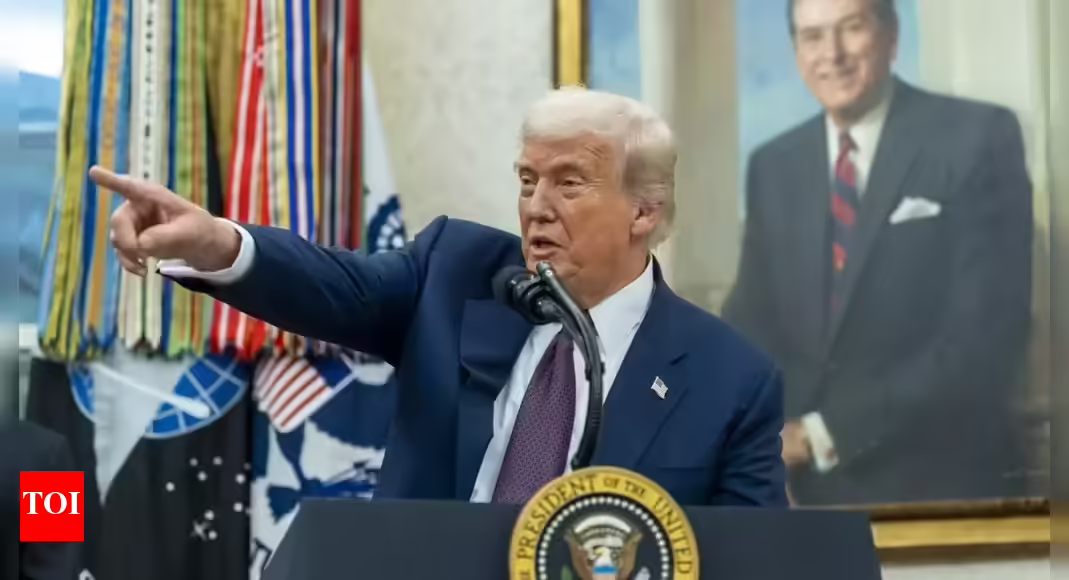
U.S. President Donald Trump has announced that he has instructed the Department of Defense to prepare for possible military action in Nigeria. The move follows his claim that the Nigerian government has not done enough to prevent ongoing attacks on Christian communities. Alongside the threat of intervention, Trump declared that all U.S. financial and humanitarian aid to Nigeria would be halted immediately.
Escalation Over Religious Freedom
The announcement came shortly after Nigeria was labeled by the U.S. government as a nation of particular concern for alleged violations of religious freedom. In a social-media post, Trump accused Nigerian authorities of ignoring what he described as the “mass slaughter” of Christians and warned that the U.S. could launch a swift and forceful military response.
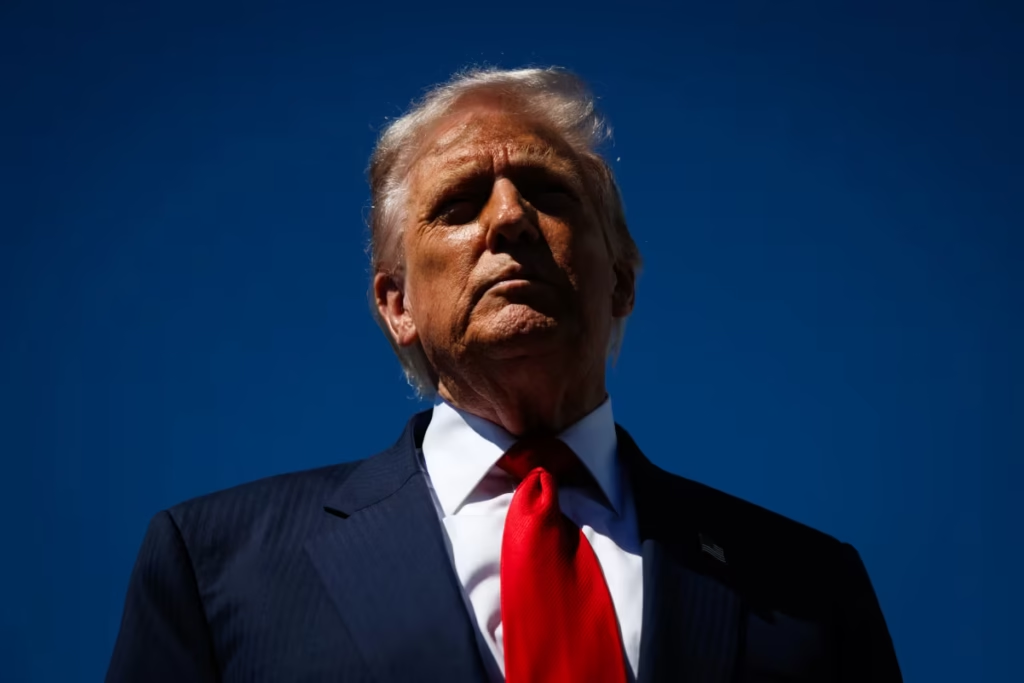
He stated that if action were taken, it would be “fast, vicious, and sweet,” adding that the United States would not stand by while “terrorists continue to murder innocent Christians.” His remarks were later echoed by Defense Secretary Pete Hegseth, who said the Department of Defense was ready to act if Nigeria failed to protect vulnerable communities.
Nigerian Government’s Response
President Bola Ahmed Tinubu responded firmly to the accusations, asserting that Nigeria remains committed to religious freedom and equality. He described the U.S. characterization of the country as intolerant as inaccurate and unfair, emphasizing that both Christians and Muslims have suffered from extremist violence.

According to Tinubu, the Nigerian government continues to invest in security operations across the nation and cooperates with international partners to counter terrorism and inter-communal conflict. Presidential aides argued that the United States should offer military and intelligence support against extremist groups rather than punitive measures or threats of intervention.
Strategic and Diplomatic Implications
Nigeria, Africa’s most populous nation, faces multiple security challenges—including insurgent violence, farmer-herder conflicts, and ethnic tensions. Analysts note that while Christians have been targeted in certain attacks, many Muslim communities have also endured significant losses, indicating that the crisis is complex and multifaceted.
READ ALSO: US DHS Proposes Mandatory DNA, Biometric Data for All Immigration Applicants
If the United States were to follow through on its military preparations, it would mark a dramatic escalation in U.S.–Nigeria relations and a major shift in American policy toward Africa. The suspension of aid could strain economic ties, reduce humanitarian support, and complicate joint counterterrorism efforts in West Africa.
Diplomatically, the announcement has sparked concern that Washington’s approach could inflame tensions rather than encourage cooperation. Nigeria remains a critical regional partner, with significant influence on continental stability, energy markets, and counterinsurgency operations.
At home, Trump’s decision is seen as part of a broader strategy to project strength on international religious issues and to appeal to his political base ahead of the upcoming election cycle. Critics, however, argue that military threats risk undermining delicate diplomatic relationships and could set a dangerous precedent for U.S. engagement in Africa.

